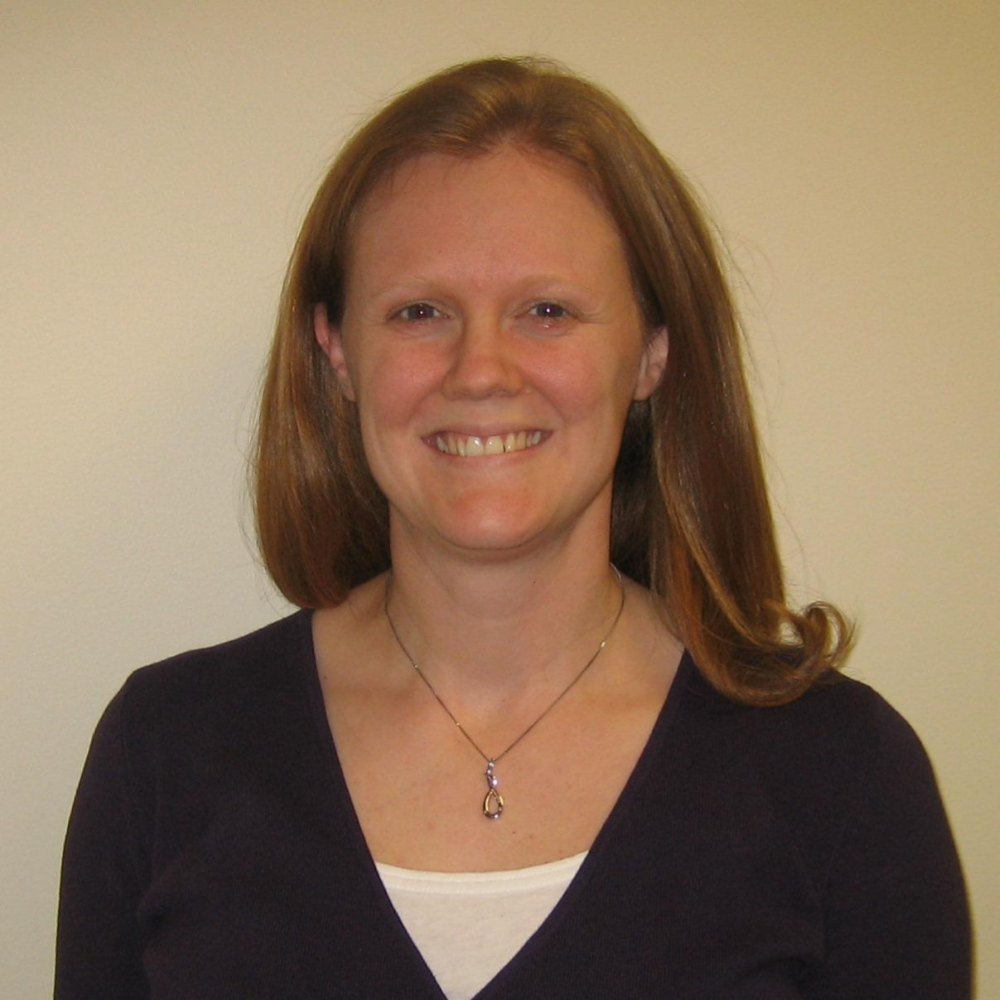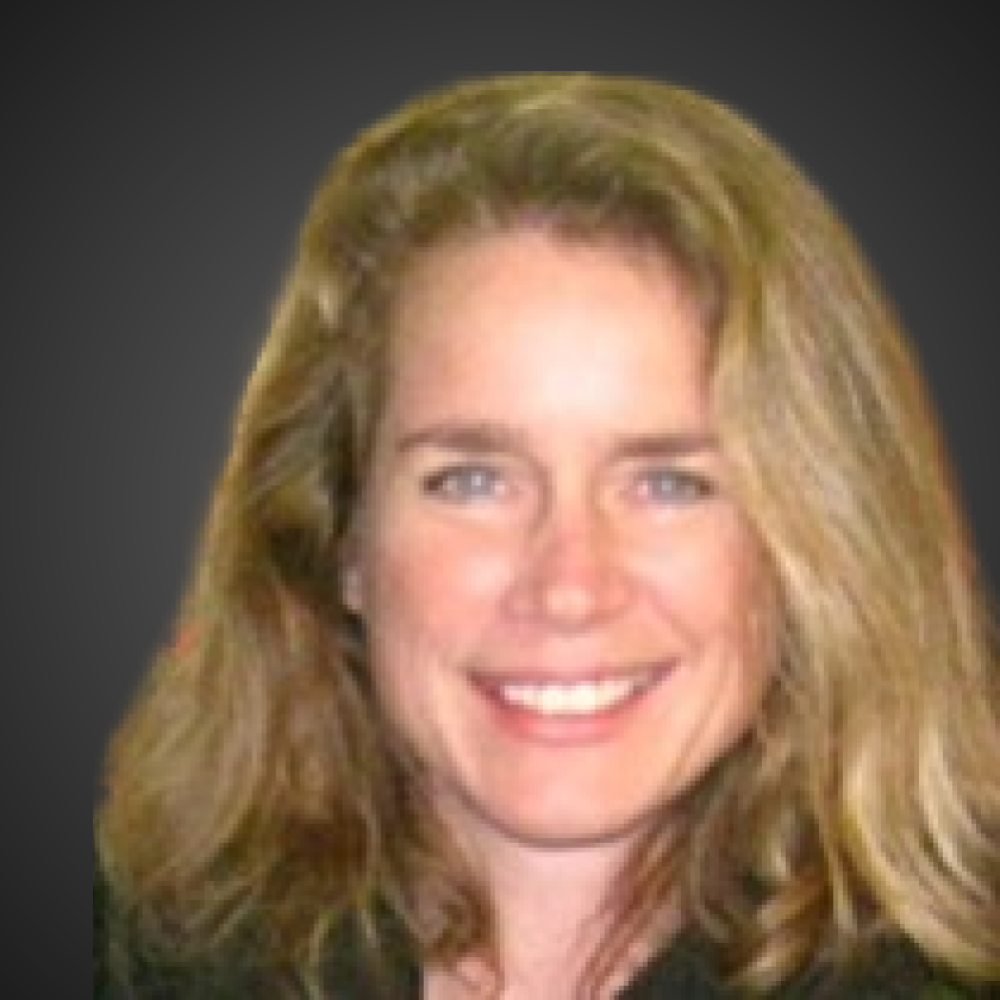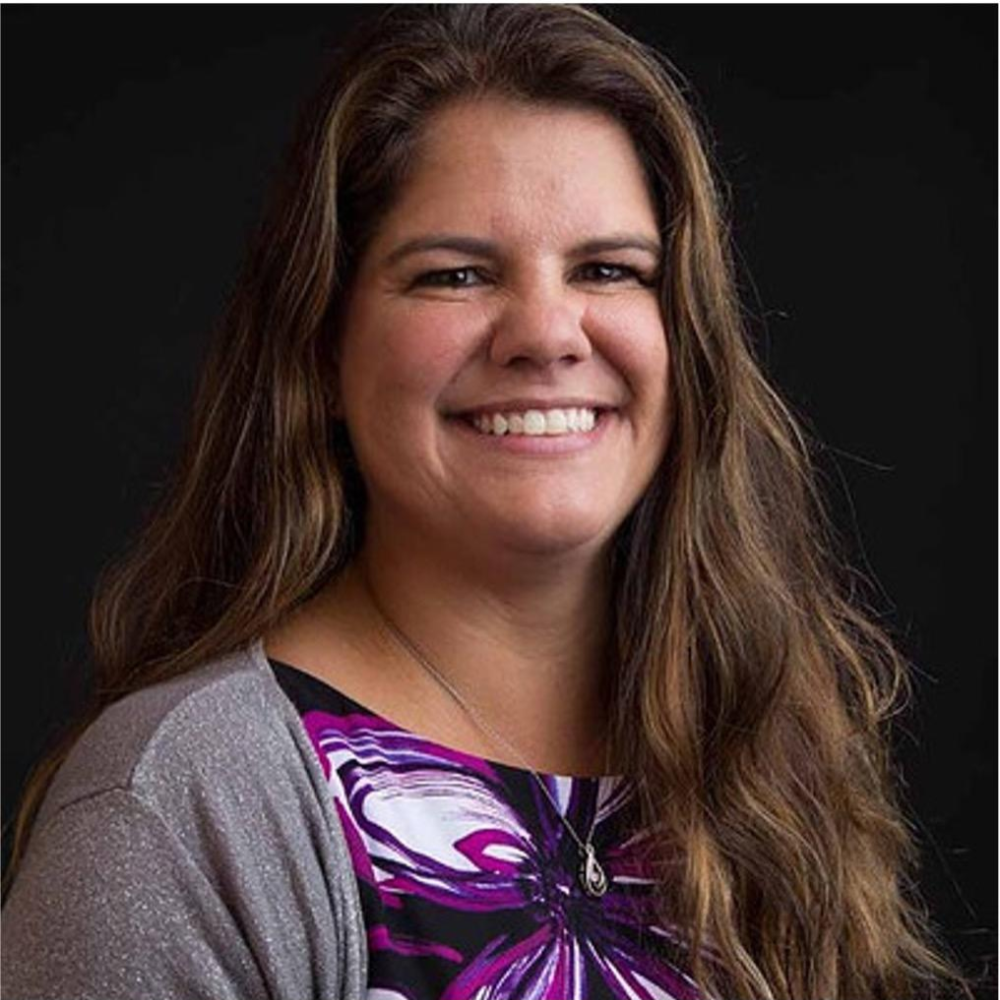
Innovation in Athletic Training Education: An Interprofessional Community-Based Clinical Education Model
Abstract:
Athletic trainers care for diverse individuals and populations throughout the lifespan, including those who are medically underserved and have complex social determinants of health (SDOH) needs and concerns. To provide holistic care and meet individual needs, athletic trainers must collaborate with other health care and wellness professionals and organizations. To prepare future professionals to provide holistic care, the CAATE 2020 Standards include a focus on interprofessional education, diversity, equity, inclusion, SDOH and caring for individuals with general medical conditions. This lecture will highlight an innovative clinical education model that provides students from multiple academic programs with an authentic interprofessional clinical experience. This model includes a network of rural community outreach clinics that provide health, wellness and social care services to address the holistic needs of underserved individuals and communities. Through innovative collaboration, students in athletic training, social work, nursing and public health learn about, from and with each other as they care for individuals and communities. In addition to meeting individual and community needs, the model incorporates multiple CAATE Standards, Interprofessional Education Collaborative Standards and standards for the other accredited academic programs. Challenges, successes and strategies for creating and implementing this clinical experience will also be discussed.
Learning Objectives:
- Describe the process of creating a multi-site interprofessional clinic in a rural area.
- Explain how faculty and students in health-related professions work together to deliver services through an interprofessional clinical model.
- Explain methods to provide holistic care for underserved individuals throughout the lifespan.
- Describe strategies for incorporating social determinants of health into clinical education experiences.
Level:
Advanced
Domain(s):
Domain 1: Risk Reduction Wellness and Health Literacy
Domain 2: Assessment Evaluation and Diagnosis
Domain 4: Therapeutic Intervention
Domain 5: Health Care Administration and Professional Responsibility
CEUs:
0.5 Category A
Track: Pedagogy
Format: Lecture
In order to earn your CEUs, you must watch the session video in its entirety and complete the assessment.

Ellanora Kraemer, PhD, LAT, ATC
Dr. Nora Kraemer is a tenured professor and the Director of the Master of Science in Athletic Training (MSAT) Program at Winona State University (WSU). She has previously served as the Clinical Education Coordinator and interim MSAT Program Director at WSU. Over the past 15 years, she has developed and taught a range of courses in the undergraduate and graduate athletic training and exercise science programs.
Beyond academia, Dr. Kraemer has years of clinical practice experience at colleges/universities, high schools, and with U.S. sanctioned sports. As an advocate for interprofessional education and practice, she has served in multiple roles at a multi-site interprofessional free clinic for the past seven years. Here she has helped build and facilitate an interprofessional learning environment for students as they care for underserved and underrepresented individuals. In addition to serving locally, she has previously served at the state and district levels.

Anne Vande Berg, DSW, MSW
Dr. Vande Berg is Professor and Field Director for the Bachelor of Social Work Program at Winona State University. She received her Bachelor of Arts in Cultural Anthropology from Macalester College and her MSW from the University of Minnesota, where she was also a Title IV-E Child Welfare Fellow. She completed her DSW at the University of St. Thomas, where her dissertation focused on teaching about trauma in social work education. She is a Licensed Independent Social Worker in the state of Minnesota and has over 17 years of professional experience in social services, with seven years post-graduate direct practice experience.
Dr. Vande Berg’s practice areas and interests include trauma-informed practices, interprofessional education, children and families in education settings, and nonprofit management. Dr. Vande Berg has also co-led multiple international travel study trips developed to introduce participants to comparative social welfare policy and is one of the founding members of the interprofessional faculty group that developed the community-based interprofessional clinical education model described in this presentation.


